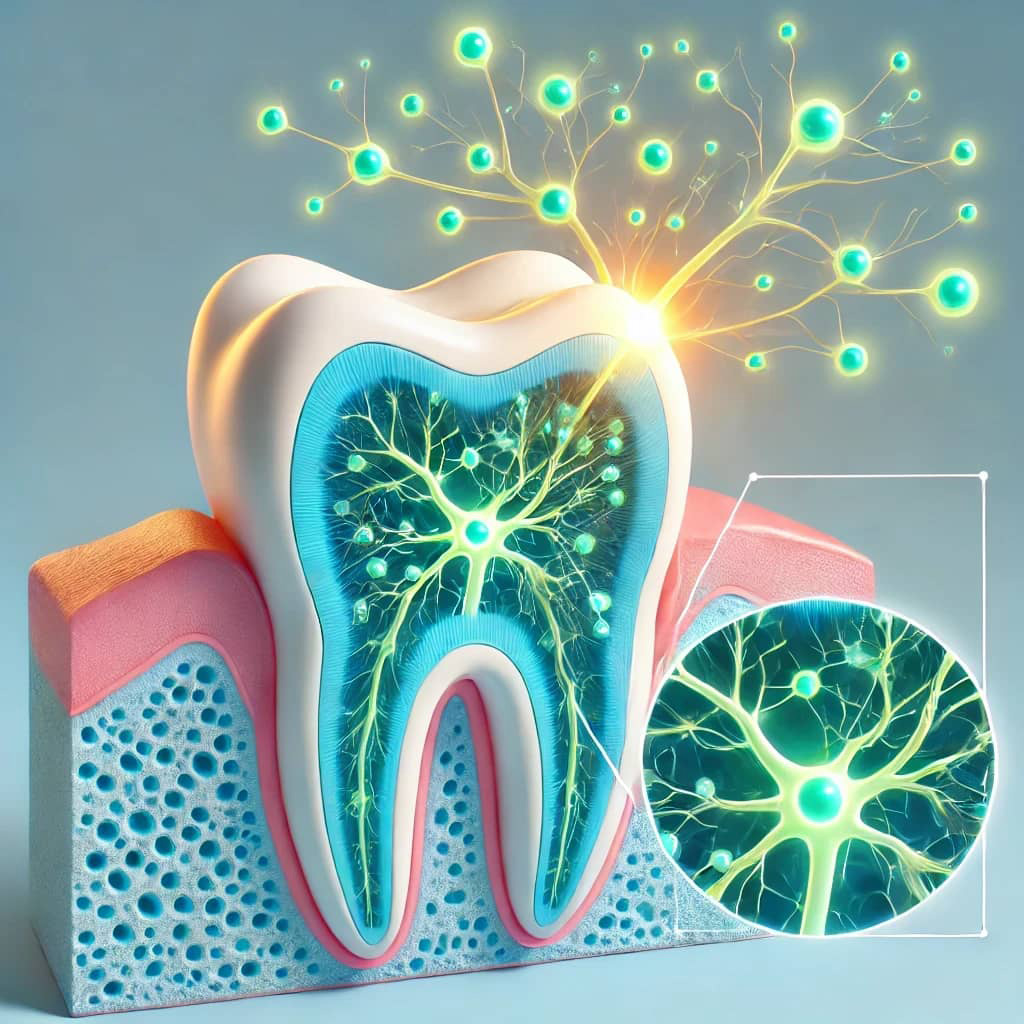
Recent research highlights the remarkable potential of dental pulp stem cells (DPSCs) in nerve repair and regeneration. DPSCs, which are adult stem cells found in the inner tissue of teeth, can differentiate into neuron-like cells, a property that makes them highly suited for nerve treatments. This ability stems from their origin in the neuroectoderm layer, which is also involved in nervous system development.
One of the key advantages of DPSCs is their capability to secrete anti-inflammatory and neurotrophic factors. These compounds create a favorable environment for nerve regeneration, reducing inflammation and supporting the recovery of damaged nerve tissues. Consequently, DPSCs show promise in treating a variety of nerve-related injuries and conditions, including sciatic nerve damage and diabetic neuropathy.
Moreover, DPSCs are relatively easy to obtain and present a low risk of immune rejection, making them ideal candidates for regenerative medicine. They have found applications beyond nerve repair, including treatments for spinal cord injuries and neurodegenerative diseases.
This line of research underscores the potential of DPSCs to revolutionize nerve treatment and could mark a significant milestone in the development of cell-based therapies for nerve repair.
